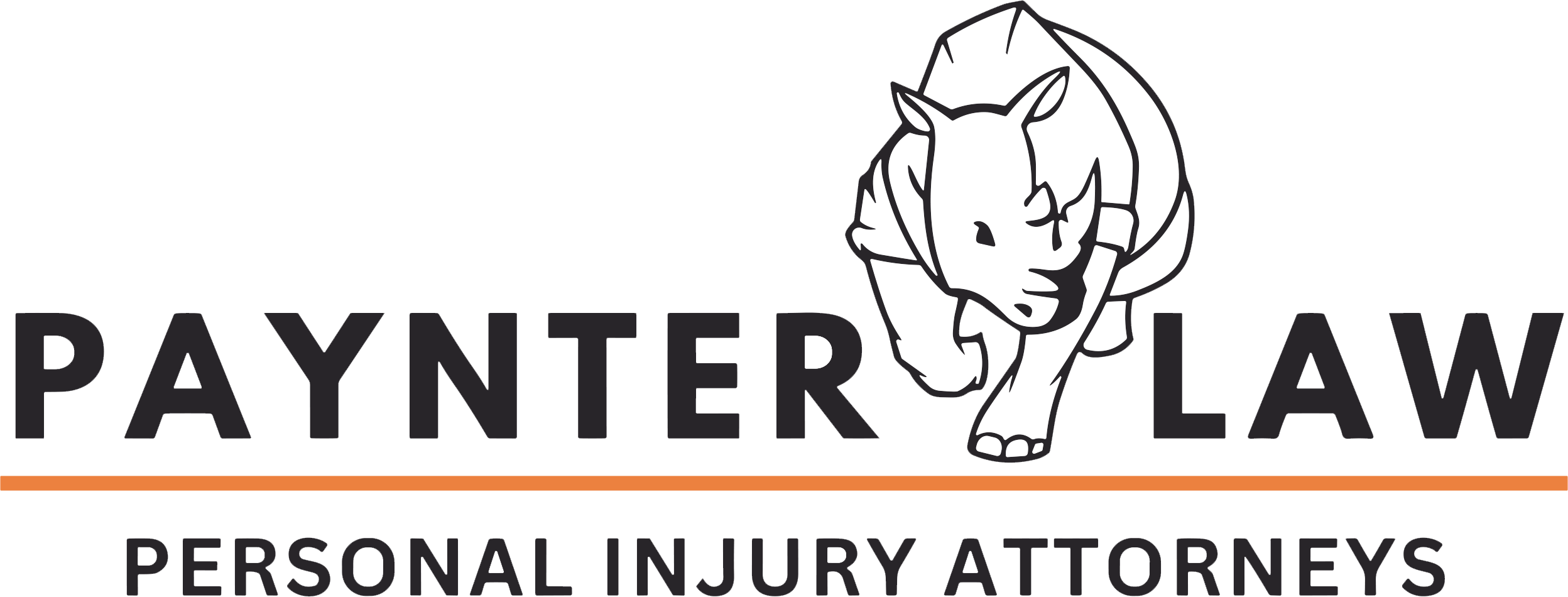If you have a parent or loved one in a nursing home, you are probably well aware of how difficult the following situation would be: You have done your homework and entrusted the facility with the care of your loved one. So, when an accident happens, it is surprising and shocking. You will probably run through a range of emotions, ending with anger. How could this happen?
In your anger, you may want to immediately file a claim against the nursing home. After all, your loved one was harmed because of their mistake. Unfortunately, however, sometimes it isn’t that cut and dried.

For example, let’s say that you have put your mother in a nursing home, and she was given the wrong medication. The error was discovered and corrected quickly, but she was initially quite ill as a result. While she was put on very close watch for 24 hours, she eventually recovered.
For there to be a legal claim for negligence, there are several elements that must be present. Those elements are:
Duty : A defendant must have owed a duty to the plaintiff;
Breach of Duty : The defendant breached that duty;
Causation : The defendant’s actions were the direct cause of the plaintiff’s injury; and
Damages : The plaintiff suffered damages because of the accident.
The rule of thumb for damages is that the court must be able to compensate the victim for their injuries. At a trial for the example mentioned above, the jury would be asked to consider whether your mother suffered any measurable damages. While it is true that she was sick and you and your family were very upset, a jury may find it difficult to come up with a dollar amount for her damages in this scenario.
If, however, your mother had not recovered quickly, or had suffered long-lasting or permanent effects from being given the incorrect medicine, the scenario would likely be different. Perhaps she had a stroke as a result, or worse, even died. In a personal injury or nursing home case, there are several types of damages that can be awarded.
Compensatory or Economic Damages
These types of damages are meant to be compensation for the victim’s injury. They may include things like:
- Medical costs;
- Future medical costs;
- Loss of wages; and
- Future lost wages.
General or Non-Economic Damages
General damages are meant to compensate the plaintiff for non-monetary damages such as:
- Pain and suffering;
- Mental anguish; and
- Loss of companionship and consortium.
Wrongful Death
If the victim dies because of their injuries, there are specific wrongful death damages that the surviving family can collect which may include:
- Funeral expenses;
- Pre-death medical expenses;
- Emotional distress;
- Loss of financial support;
- Loss of companionship and consortium.
If you or a loved one have suffered an injury in a nursing home, please call us or come in and speak to us. There is no charge for this consultation, and we’ll take time to discuss the facts of your case and give you a fair assessment of your situation. If it is determined that you or your loved one were harmed and negligence is indeed the cause, we will fight hard for you and your loved one to ensure you receive the compensation you deserve.
